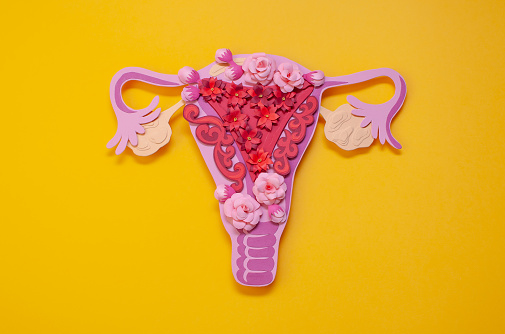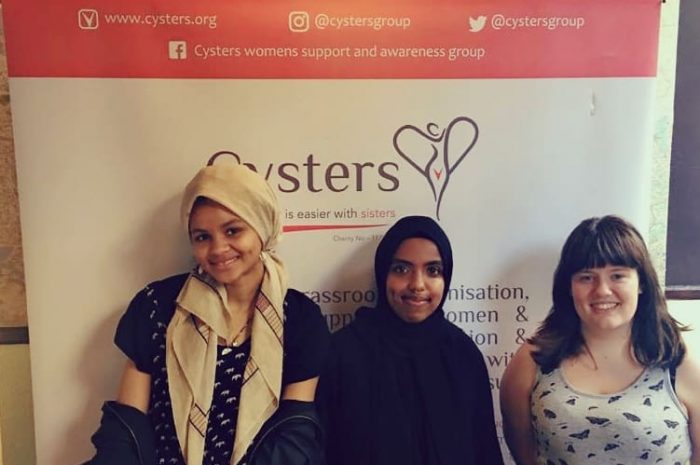The journey of motherhood is supposed to be one of joy and anticipation, but for many Black women in England, it’s overshadowed by alarming statistics and disparities in maternal healthcare. Recent analysis has unveiled a troubling reality: Black women are up to six times more likely to experience severe birth complications compared to their white counterparts. These findings underscore the urgent need for action to address systemic inequalities in maternal health. Despite efforts to spotlight these glaring health disparities and initiatives led by organizations like 5 x More and The Motherhood Group, progress remains slow.
Pre-eclampsia, a serious pregnancy complication affecting blood pressure and protein levels, disproportionately impacts Black women, with 26% experiencing this condition during childbirth despite comprising only 5% of deliveries. Additionally, Black women face a 1.5 times higher risk of developing pre-eclampsia overall and are overrepresented in cases of high blood pressure-related birth complications.
The implications are dire, with pre-eclampsia contributing to adverse outcomes for both mothers and babies. Worldwide, it accounts for approximately 500,000 fetal deaths and 70,000 maternal deaths annually. Behind these stark statistics lie complex factors, including structural racism, unconscious bias in healthcare, and existing health disparities.
To bridge this gap, collaborative efforts are essential. Healthcare professionals, policymakers, and community organizations must come together to tackle the root causes of maternal health inequalities. Building trust with marginalized communities, understanding cultural nuances, and ensuring inclusive care are critical steps in reducing disparities.
While the NHS is committed to providing equitable care, further progress is needed. Investment in targeted action plans, inclusive clinical training, and holistic support for women in deprived areas are steps in the right direction. However, sustained efforts and a multidisciplinary approach are required to address the underlying issues driving maternal health disparities.
As advocates for maternal health equity, it’s imperative that we amplify the voices of Black women, champion their experiences, and advocate for tangible policy changes. By working together, we can create a future where every mother receives the care and support she deserves, regardless of her race or ethnicity.
Let’s stand in solidarity to ensure that every pregnancy and childbirth is met with compassion, dignity, and equity.
Read more here – Black women in England suffer more serious birth complications, analysis finds | NHS | The Guardian




